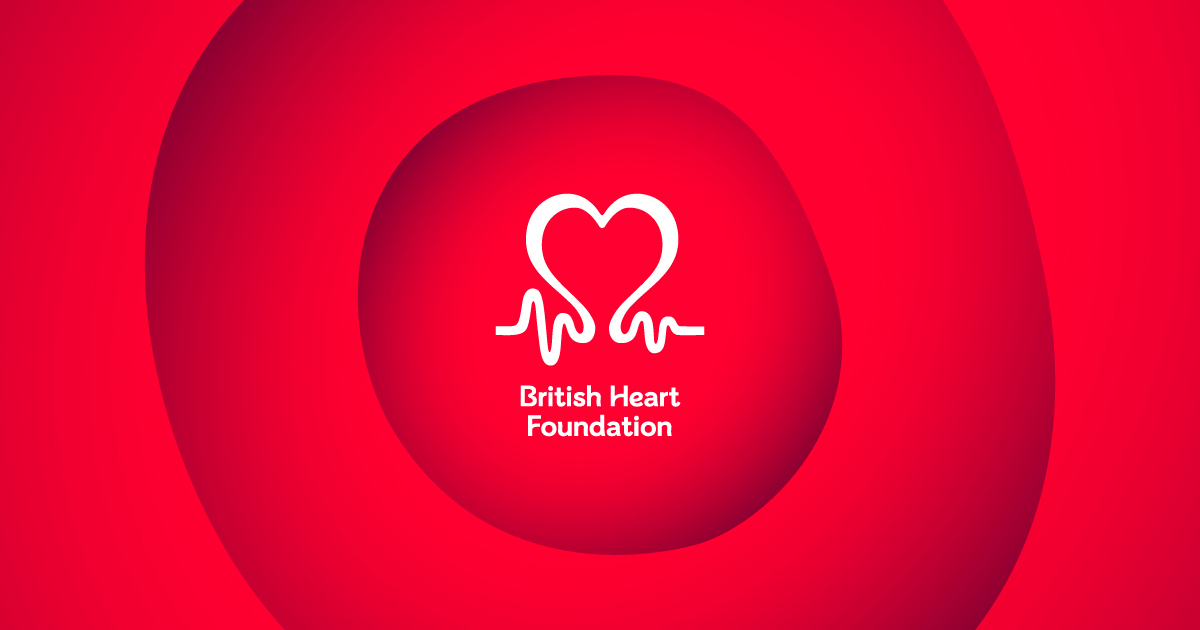The challenge
As the symptoms of heart failure worsen, fluid accumulates in the lower limbs and eventually in the abdomen. Oral diuretics may help reduce fluid retention, but as the disease progresses, or with acute episodes, they are often not enough to control symptoms.
In the current system, the patient will then usually need admission to hospital for IV diuretics treatment, typically involving a stay of several days or longer.
Heart failure patients who wish to die at home are often unable to stay at home due to the need for IV diuretics.
Heart failure admissions are predicted to continue to rise as the population ages.
The call for change
UK health policy has been shifting towards care being provided as close to home as possible. This is driven by the priorities of improving quality of care, cost-effectiveness and patient demand.
BHF pilot schemes across the UK have demonstrated the significant role that heart failure specialist nurses (HFSNs) can have in enhancing outcomes for patients and reducing hospital admissions.
What we did
We funded a two-year project with 10 NHS organisations across the UK, in urban and rural areas. The aim was to assess whether funding a home- or community-based IV diuretics service is safe, clinically effective and cost effective, and to gauge reactions of patients and carers.
We supported HFSNs to develop and introduce community-based IV diuretics services as part of existing heart failure services.
An independent external evaluation was undertaken.
Evidence for change
The findings and feedback showed the intervention was clinically safe, and cost effective, and well received by patients and their carers.
The benefits
- The pilot was successful, with 100% of patients and 93% of carers preferring home-based treatment over hospital admission
- 1,040 bed days were saved across the 10 pilot sites2
- Fewer complications for patients receiving home-based treatment compared with those in hospital2
- Better patient and carer knowledge was reported because more time was spent on patient and carer education
- Significant improvement in patient and carer experiences
- 79% of interventions did not involve any hospital admission. This accounted for 869 of the total 1,040 hospital bed days saved over the pilot duration2
- The evaluation demonstrated clinical effectiveness, safety, enhanced patient and carer experience and cost effectiveness, and is an effective way of delivering home-based IVD.2



